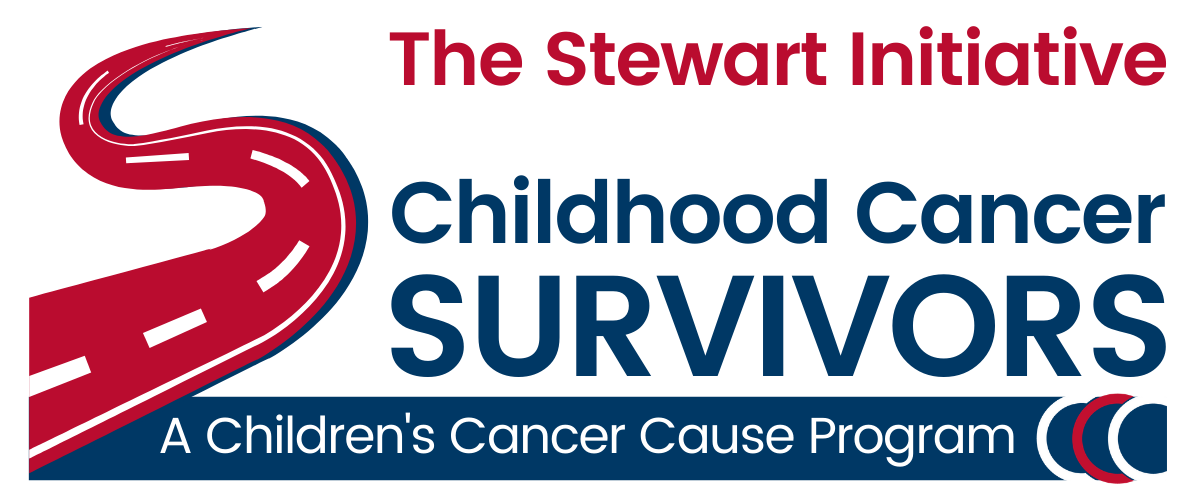Navigating Young Adulthood
This section focuses on the logistical building blocks (or sometimes stumbling blocks) of productive adulthood: post-secondary education, employment, disability rights, insurance access, and finances. Take this course to help think through your career options, know your rights, and discover new resources.
-
-
Post-Secondary Options
If you’re interested in continuing your education beyond high school, it’s important to pick a post-secondary option - be it a vocational/technical school or university - that will be a good fit for you and meet your needs. This may especially be the case for survivors with physical or learning disabilities or survivors who have been recently diagnosed.
If you’re interested in continuing your education beyond high school, it’s important to pick a post-secondary option - be it a vocational/technical school or university - that will be a good fit for you and meet your needs. This may especially be the case for survivors with physical or learning disabilities or survivors who have been recently diagnosed.
-
Vocational Rehab
Although state vocational rehabilitation offices work primarily toward getting people employed, these offices can also be very helpful in the college process.
Although state vocational rehabilitation offices work primarily toward getting people employed, these offices can also be very helpful in the college process.
-
Academic Life
Be prepared to take the initiative on making the most of your education and be aware of your capabilities and limitations.
Be prepared to take the initiative on making the most of your education and be aware of your capabilities and limitations.
-
Scholarships
The prospect of independence and the college experience can be both thrilling and daunting for any teenager but especially so for childhood cancer survivors. But we all know that college is expensive! Fortunately, there are a number of scholarships available specifically for childhood cancer survivors.
The prospect of independence and the college experience can be both thrilling and daunting for any teenager but especially so for childhood cancer survivors. But we all know that college is expensive! Fortunately, there are a number of scholarships available specifically for childhood cancer survivors.
-
-
-
The Job Search and Interview
What information should you share with potential employers? Are you obligated to disclose your cancer history? (No!)
What information should you share with potential employers? Are you obligated to disclose your cancer history? (No!)
-
Workplace Challenges
It is not uncommon for childhood cancer survivors to struggle with long-term cognitive effects that might impact job performance, such as memory problems or difficulty concentrating. Fortunately, there are resources that can help.
It is not uncommon for childhood cancer survivors to struggle with long-term cognitive effects that might impact job performance, such as memory problems or difficulty concentrating. Fortunately, there are resources that can help.
-
-
-
Disability Rights
Some cancer survivors are concerned that their medical history may hurt their educational or employment opportunities. There are laws intended to prevent discrimination based on a student's or worker's health problems.
Some cancer survivors are concerned that their medical history may hurt their educational or employment opportunities. There are laws intended to prevent discrimination based on a student's or worker's health problems.
-
Insurance Protections
What are your insurance rights beyond the protections afforded by the Affordable Care Act?
What are your insurance rights beyond the protections afforded by the Affordable Care Act?
-
Estate Planning
If you own any personal possessions that you care about or hold value, have you made a plan for what to do with them in the event of your death? Estate planning is something that even the healthiest of adults should tackle.
If you own any personal possessions that you care about or hold value, have you made a plan for what to do with them in the event of your death? Estate planning is something that even the healthiest of adults should tackle.
-
-
- Victoria, a brain tumor survivor who had been living in a dorm, eating in the dining hall, and enjoying the independence of the college experience after spending her high school years fighting cancer.
Then her tumor began to grow again. After surgery, she had to spend months at Nationwide Children’s Hospital fighting for her life in the pediatric intensive care unit. For long, sluggish months, Victoria battled back, re-learning basic skills like how to eat, walk, talk, and even close her left eye.
“I have hope and a steadfast belief that I will achieve a purposeful life.
Everyday I work hard and I strive to do what people tell me I cannot. I have surpassed all expectations set for me and I refuse to stop now. Brain cancer may have knocked me down but I have always gotten back up, stronger than I was before.”
Explore more:
-
As you’ve no doubt heard from your care team, cancer treatment can have long-lasting late effects. This course helps you be mindful of your physical and emotional health.
Arm yourself with knowledge about your risks for long-term late effects, so you can take proactive steps to catch any problems early on.
-
This section will teach you about Survivorship Care Plans, follow-up care guidelines, and transitioning your care from pediatric oncology to survivorship and adult primary care.
If you skipped this course, consider taking it now. Effective and sustainable survivorship care is critical for the long-term health of every survivor of pediatric cancer.
-
In addition to the educational courses for survivors, Children’s Cancer Cause supports a wide range of additional programs and policies that aim to address the medical and psychosocial care needs of pediatric cancer survivors:
The information provided in these courses and throughout this site is intended for educational purposes. It does not replace medical advice by a healthcare professional.





